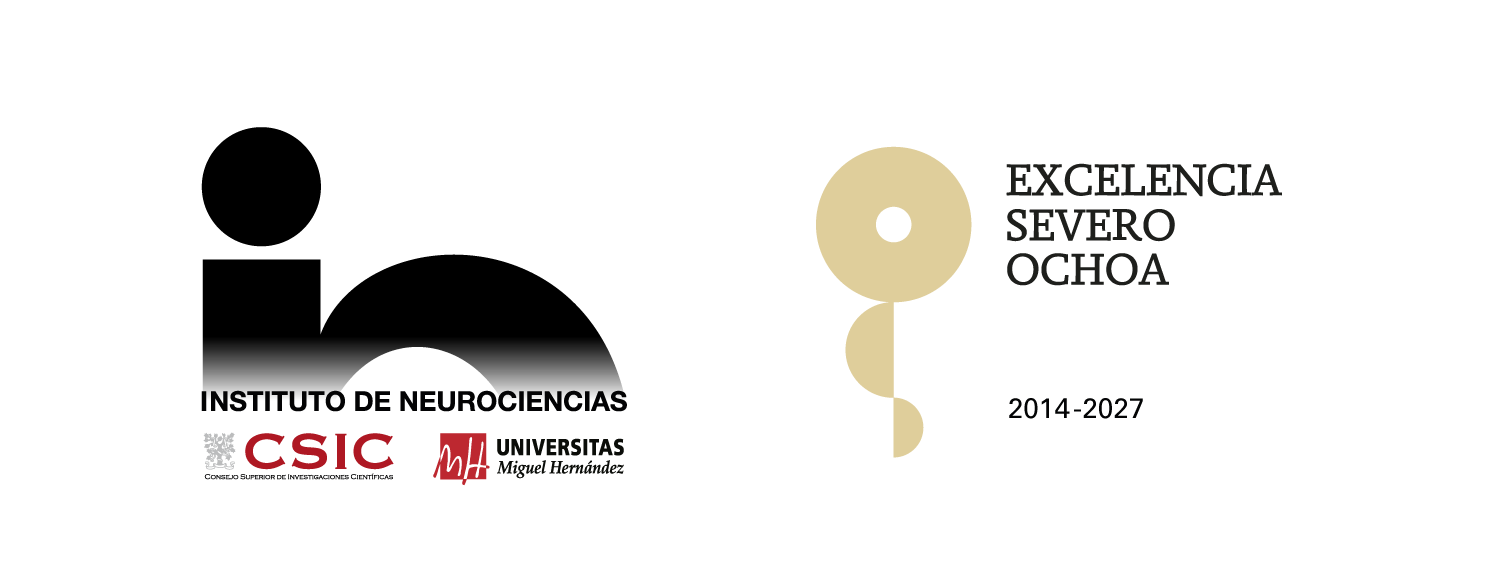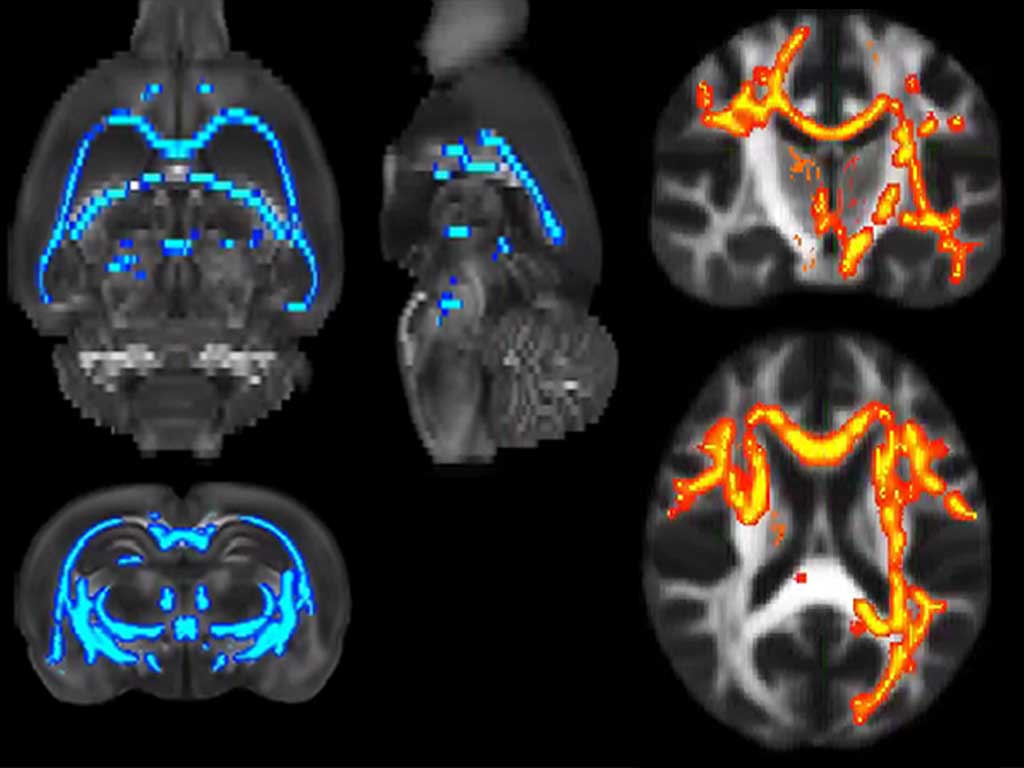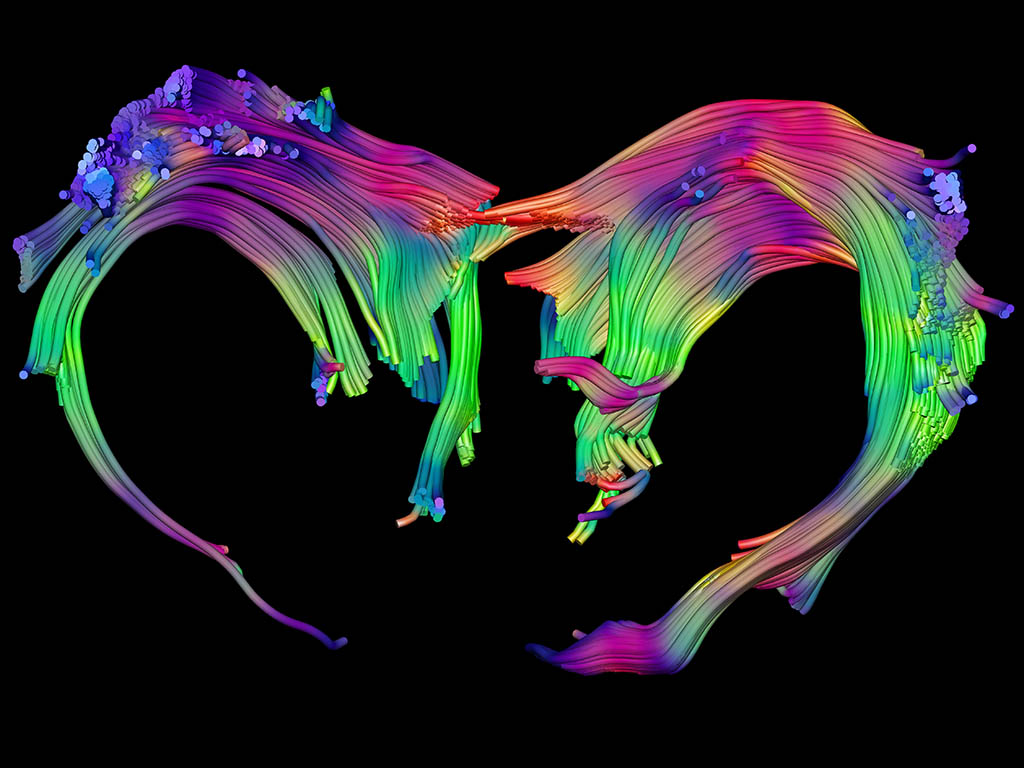Chronic alcohol consumption alters extracellular space geometry and transmitter diffusion in the brain
Silvia de Santis and colleagues, at Santiago Canlas’ lab in the Instituto de Neurociencias (CSIC-UMH), have found a new mechanism of alcohol effects in the brain which may promote addiction through the interaction with the immune system. In this translational study, the authors found increased mean water diffusivity in the cerebral gray matter of humans and rats after chronic alcohol drinking. These alterations appeared shortly after the onset of alcohol consumption in rats, persisted in early abstinence in both rodents and humans, and were associated with a strong decrease in extracellular space barriers. The authors experimentally linked the increased diffusivity in the extracellular space with the activation of microglial cells.
In a previous study, the Canals’ lab showed that alcohol-driven alterations in the brain continue in the early abstinence phase. Those results, based on MRI measurements of brain diffusivity, could be explained by different mechanisms, including a demyelinating process or a glial reaction. The new study published is Science Advances, now demonstrates that this alcohol effect is mediated by the brain’s immune cells and potentiates volume neurotransmission in the extracellular space. This mechanism of neurotransmission is used by molecules like dopamine, particularly important in the reward system and addiction processes. A poorly understood conundrum in the field is how alcohol produces its potent addictive effects despite being a weak reinforce. The authors conclude that increased diffusivity in the extracellular space might be a new alcohol mechanism for addiction by potentiating dopamine’s far-reaching effects. The study further suggests new targets for therapeutic intervention directed towards the brain-immune system interaction.
This study has been developed in the context of a broad European collaboration by researchers from the UMH-CSIC Institute of Neurosciences in Alicante, the Polytechnic University of Valencia, the German Central Institute of Mental Health, the University of Camerino (Italy) and the Charles University of Prague (Czech Republic).

 English
English


